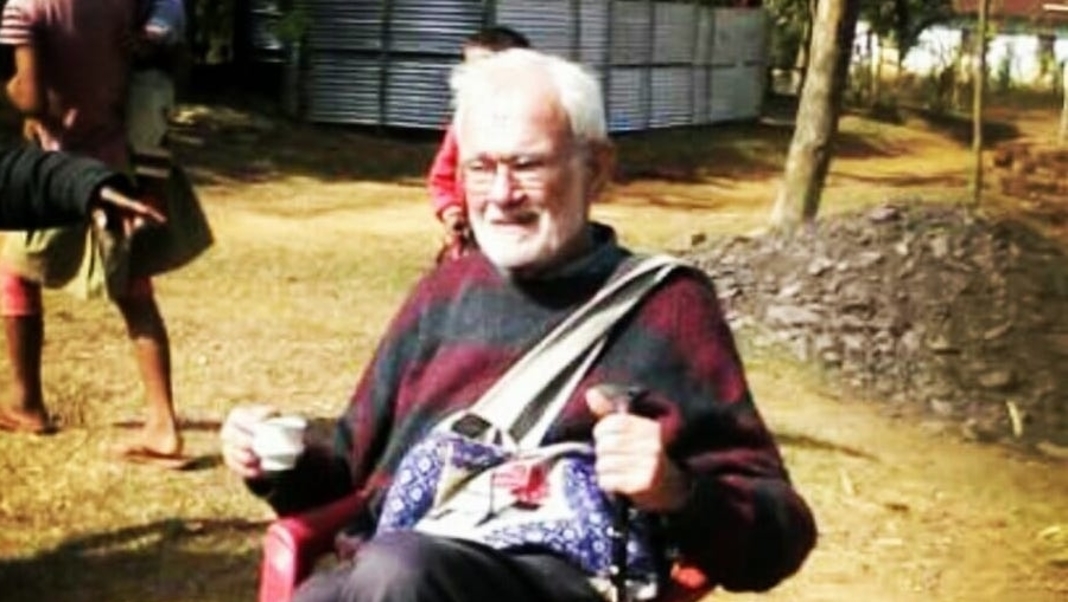Tura, Jan 7: One of modern world’s renowned anthropologist and linguist who spent years with the Garo tribe researching their way of life and language and went on to publish of two books about them, Rengsanggri and The Strong women of Modhupur, has died in America at the age of 94.
The passing away of Professor Robbins Burling was announced on social media by the Tibeto-Burman Linguistics Association of North East India- TiBLANEI whose members have for decades been close to the late anthropologist. The association is holding an online condolence meet for the professor on Friday.
Professor Robbins Burling was a Professor Emeritus from the University of Michigan, USA, and for decades lived in the north east and Bangladesh documenting the Garo tribe and their way of life.
According to the TiBLANEI members, Professor Burling spent a great deal of his life working on the Tibeto-Burman languages of North East India- particularly on the Garo language.
He left an indelible mark on the Garo tribe when he authored the book “Rengsanggri’ that went on to be read across the world. The book depicts life of a Garo tribal family and kinship in the Garo village of Rengsanggri, near Tura, where Professor Burling spent considerable time in the early 1960s.
In the late 1970s and early 80s, Prof. Burling visited and researched about the Garos, particularly the womenfolk, living in the neighbouring country of Bangladesh leading to the publication of another book aptly called “The strong women of Modhupur” about the Garos living in that part of the country.
According to reviews, the book provides insight about the history of the Garo people of both India and Bangladesh since the first time they were encountered by the British, over two hundred years ago. The book describes the older Garo culture that is now remembered as “Traditional” and tells of the events that have affected the Garos of Bangladesh since the end of colonial rule.
The book pays particular attention to what Prof. Burling describes as the unusual matrilineal kinship organization of the Garos and to the special role that women play in this society.
Outside influences that have brought Christianity better education, new technology and new kinds of jobs to the Garos are also mentioned in the book which concludes with a chapter that evaluates policies that might affect the Garos in Bangladesh in the future.






